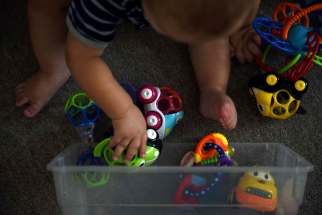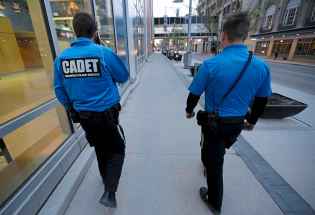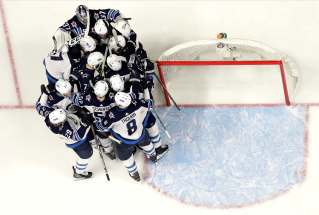Oilers-like collapse not in cards for Jets this season
Read this article for free:
or
Already have an account? Log in here »
To continue reading, please subscribe:
Monthly Digital Subscription
$1 per week for 24 weeks*
- Enjoy unlimited reading on winnipegfreepress.com
- Read the E-Edition, our digital replica newspaper
- Access News Break, our award-winning app
- Play interactive puzzles
*Billed as $4 plus GST every four weeks. Offer only available to new and qualified returning subscribers. Cancel any time.
Read unlimited articles for free today:
or
Already have an account? Log in here »
Hey there, time traveller!
This article was published 25/09/2018 (2352 days ago), so information in it may no longer be current.
Last season the Winnipeg Jets took one of the biggest steps a team can take in the NHL, going from being just competitive to being a legitimate Stanley Cup contender.
It’s a step forward that many people believed another Western Conference team took the year prior, but the Edmonton Oilers fell apart last season, never in playoff contention from October to April.
Could the same thing happen to the Jets? Good teams have certainly missed the playoffs before, especially when the injury bug strikes particularly hard, but seeing a total collapse? Going from looking like a contender to looking like a lottery team? I don’t think that’s in the cards for the Jets, for a few reasons.
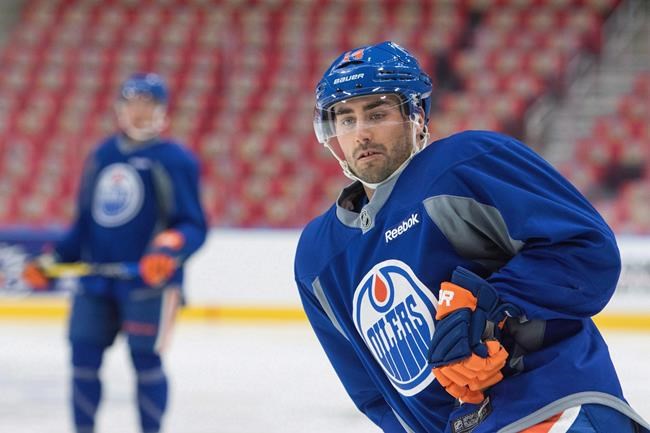
For starters, the Jets didn’t see their disappointingly short series against Vegas in the Western Conference final as a reason to oust a core player. That’s something a few Canadian teams have done in reaction to failure in recent years, something Edmonton did twice in two summers with Taylor Hall and then Jordan Eberle.
The Jets lost Paul Stastny to free agency of course, but he was a deadline addition, so he wasn’t really a piece that got the team into contender status, just a cherry on top.
The biggest losses roster-wise for the Jets were Tobias Enstrom, who elected to return to Sweden, and Joel Armia being traded to Montreal in order to offload the Steve Mason contract.
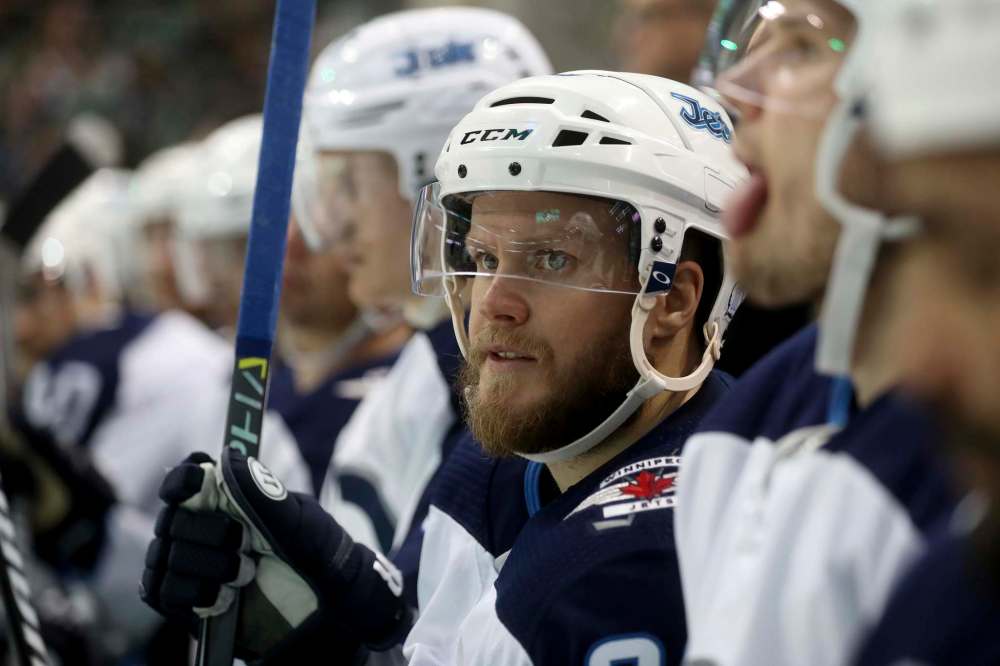
Both Enstrom and Armia are good players, and despite missing half the season, I feel that Enstrom had a lot left in the tank if he chose to stay in North America, but both of them were depth players for the Jets last season.
Enstrom spent most of the games he did play getting third-pairing minutes, and Armia was a top-notch fourth-liner, but still a fourth-liner on most nights.
Enstrom’s loss may be offset completely by a bounce-back year from Jacob Trouba, who was fine last year, but not the top-pairing-level defenceman he was the previous two seasons.
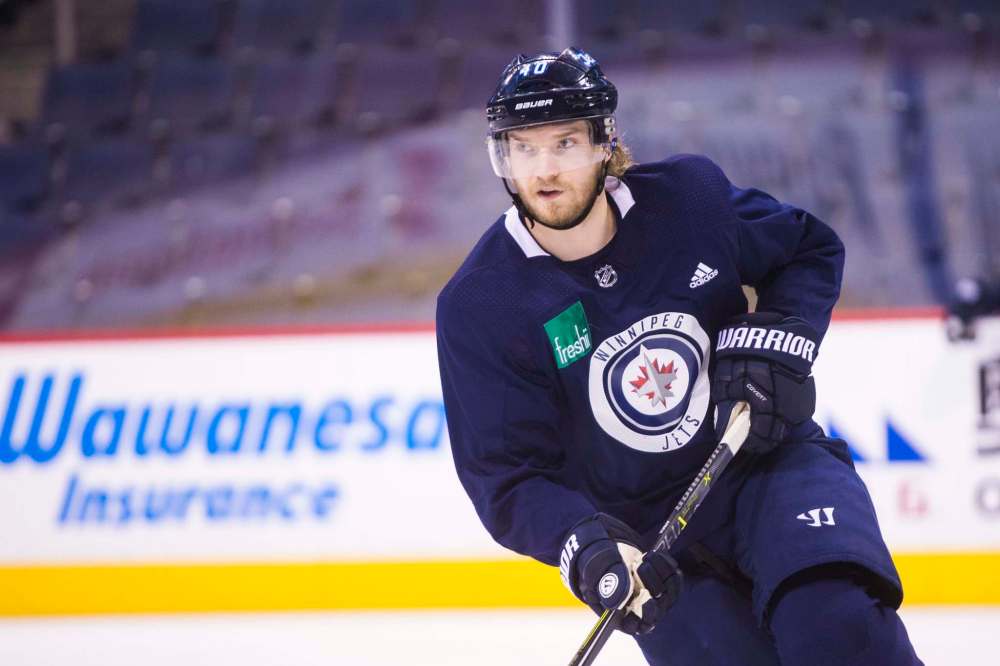
Armia, while good, is a replaceable player for a smart team, especially one with some young players ready to make the jump.
Those young players are another reason why I think this Jets team is going to be right back in the mix for the Cup his season, with the big key being Jack Roslovic.
You can see clearly that Roslovic and Armia are extremely different kinds of players.
Armia is a shooter who gets decently close to the net, while Roslovic is a pure playmaker.
!function(e,t,n,s){var i=”InfogramEmbeds”,o=e.getElementsByTagName(t)[0],d=/^http:/.test(e.location)?”http:”:”https:”;if(/^/{2}/.test(s)&&(s=d+s),window[i]&&window[i].initialized)window[i].process&&window[i].process();else if(!e.getElementById(n)){var a=e.createElement(t);a.async=1,a.id=n,a.src=s,o.parentNode.insertBefore(a,o)}}(document,”script”,”infogram-async”,”https://e.infogram.com/js/dist/embed-loader-min.js”);
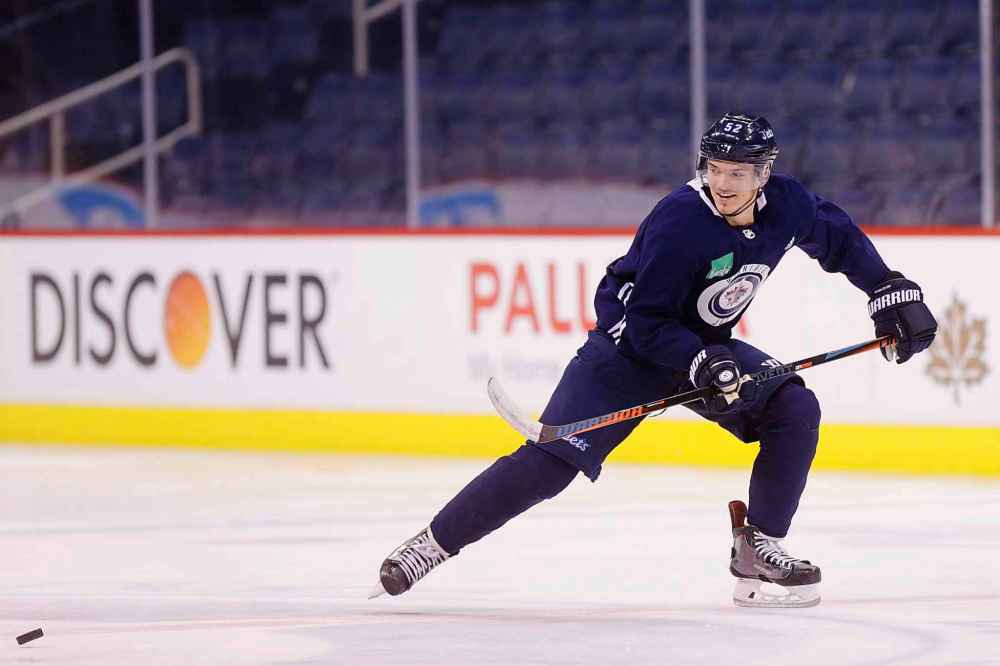
The point isn’t necessarily to compare two players that aren’t that comparable in style or role, but to show that Roslovic is an extremely high-quality player; in fact, he generated scoring chances for his teammates at a rate last season that would be considered first-line quality, and his game continued to grow as the season went on.
Add players like Nic Petan, who was at a point per game in the American Hockey League last year, and Brendan Lemieux, who adds some hard-nosed pest qualities along with a bit of scoring touch, and you have a class of graduates that the Oilers didn’t have last year, with Kailer Yamamoto and Jesse Puljujarvi being about a year’s development away from what Edmonton needs them to be.
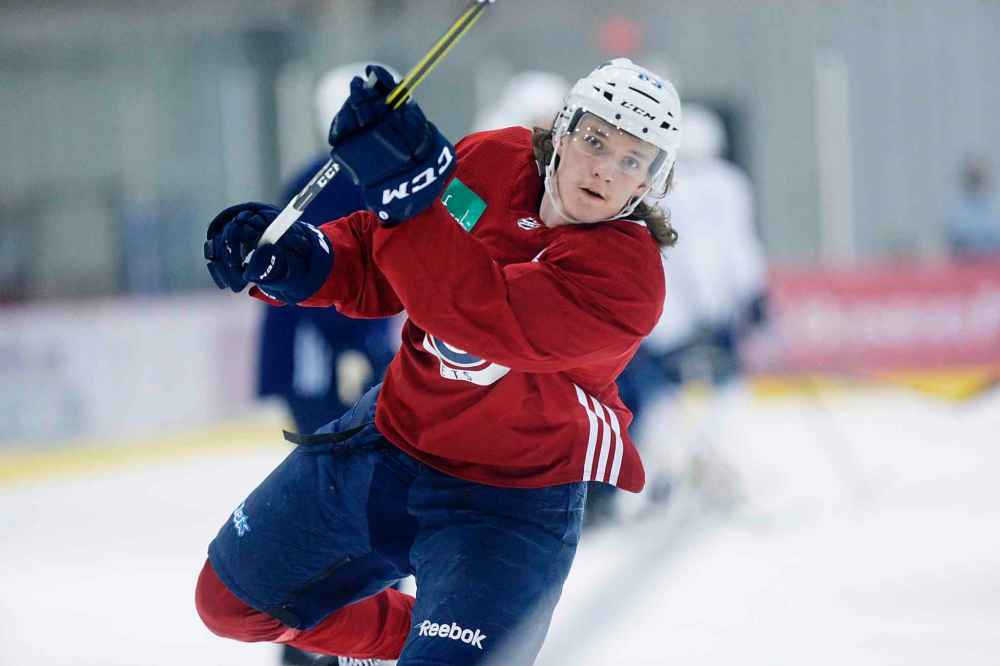
And of course, we haven’t even mentioned Sami Niku, who was Manitoba’s top defenceman in the AHL last season and has been playing excellent in pre-season action with the Jets.
The combination of superior depth and NHL-ready prospects already puts the Jets on a different level than the 2017-18 Oilers were at heading into the regular season, but one final area where they separate themselves is a commitment to team defence, which we can see when we compare last year’s Jets to 2016-17’s Oilers team relative to the league average each year.
!function(e,t,n,s){var i=”InfogramEmbeds”,o=e.getElementsByTagName(t)[0],d=/^http:/.test(e.location)?”http:”:”https:”;if(/^/{2}/.test(s)&&(s=d+s),window[i]&&window[i].initialized)window[i].process&&window[i].process();else if(!e.getElementById(n)){var a=e.createElement(t);a.async=1,a.id=n,a.src=s,o.parentNode.insertBefore(a,o)}}(document,”script”,”infogram-async”,”https://e.infogram.com/js/dist/embed-loader-min.js”);
The Oilers weren’t a terrible defensive team in 2016-17 when they made the playoffs, they were just slightly below league average, but the combination of that and playing Cam Talbot in net in 73 games put a lot of stress and reliance on their goaltender.
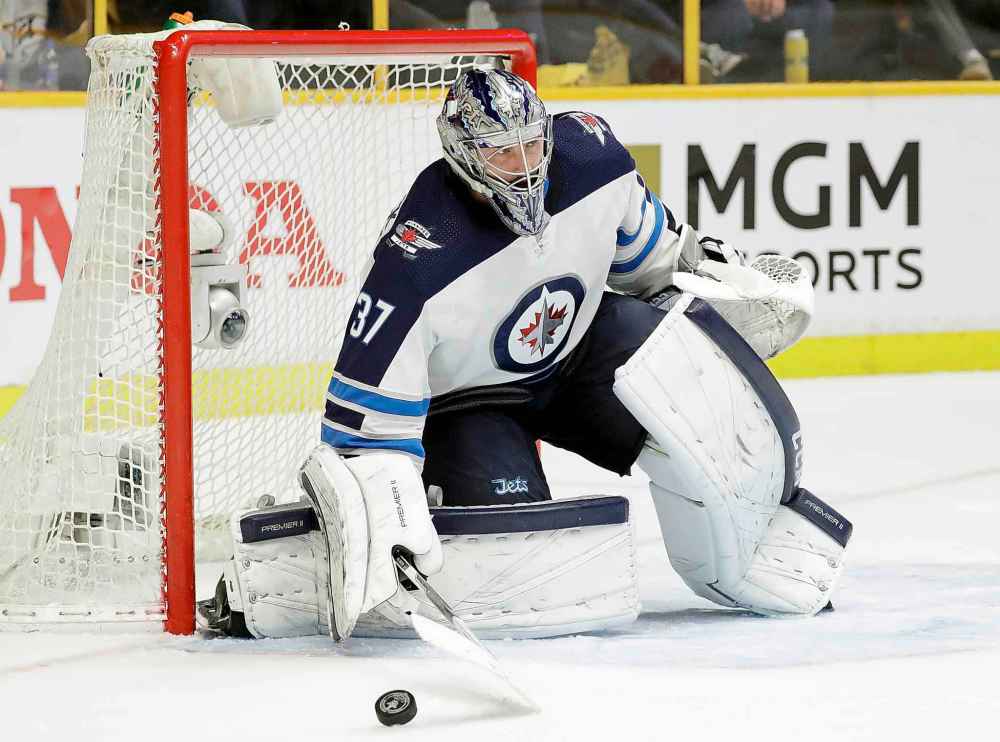
Connor Hellebuyck carried a heavy load last season, playing 67 games, but the Jets were a top-five defensive team in the NHL at five-on-five, which meant that Hellebuyck didn’t need to be spectacular on most nights, he just needed to be consistently good.
The Jets’ netminder responded with a breakout season, posting the seventh-best save percentage in the NHL among goaltenders with 30 or more games played, but among that group he was just 27th in high-danger save percentage.
While Hellebuyck wasn’t particularly strong at stopping the most dangerous shots he faced, he was nearly unbeatable from everywhere else on the ice, keeping weak and energy-sapping goals to a minimum. This isn’t a knock on Hellebuyck, it’s just that the Jets don’t need him to be a world-beater to be successful; he just needs to be good.
A combination of injuries and bad luck could still strike and hurt the Jets’ chances, but all things being equal; there are only a handful of teams in as strong of a position heading into this season.
Where could the Jets improve to move from Cup contender to Cup favourite? That’s up next.

Andrew Berkshire
Andrew Berkshire is a hockey writer specializing in data-driven analysis of the game.
Our newsroom depends on a growing audience of readers to power our journalism. If you are not a paid reader, please consider becoming a subscriber.
Our newsroom depends on its audience of readers to power our journalism. Thank you for your support.


